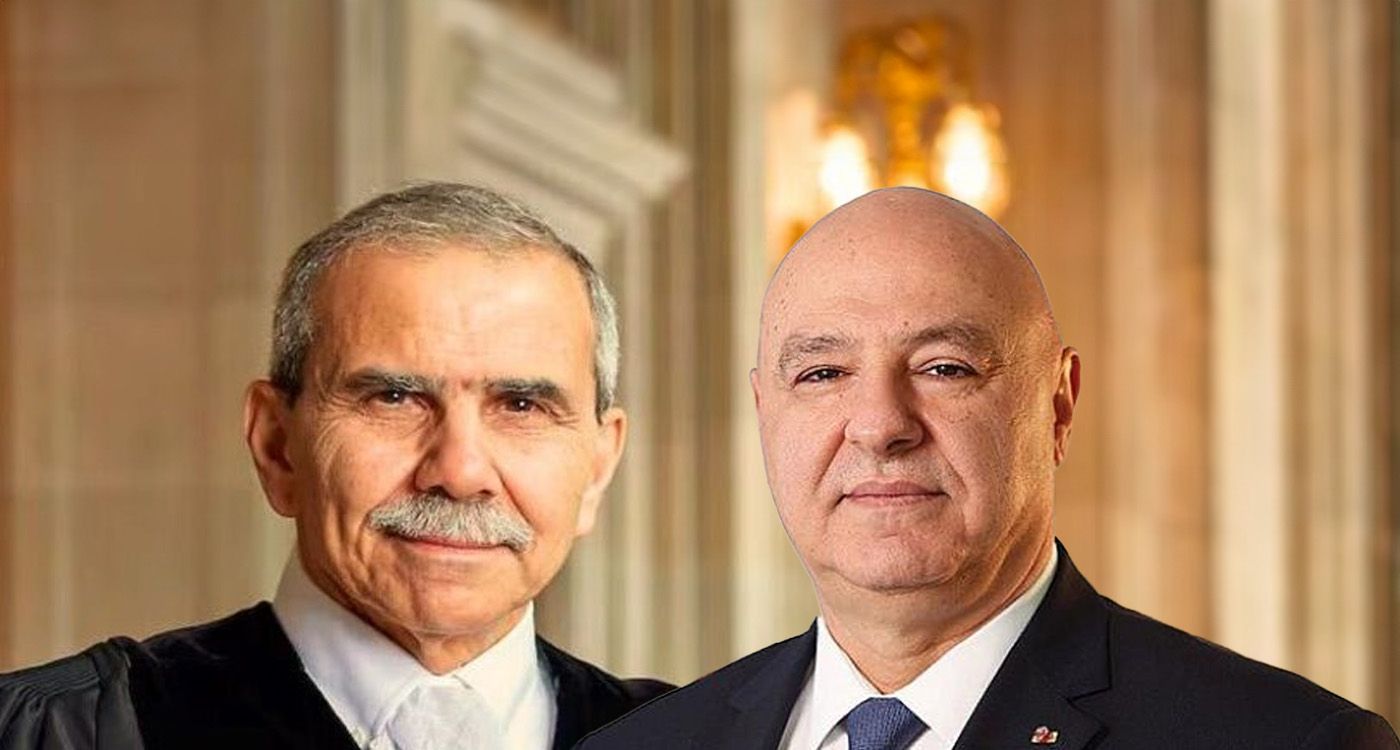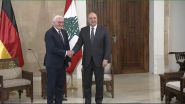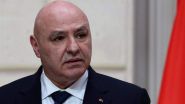
After 22 days of intense negotiations, Judge Nawaf Salam’s efforts to form Lebanon’s new government, following his designation on January 13, are entering their final stages. Despite political challenges and conflicting demands from various factions, the announcement of the first government under General Joseph Aoun’s reformist mandate is imminent.
The process, which followed non-binding parliamentary consultations, underwent significant delays, allowing political groups to push for further gains. While Salam was expected to submit his ministerial lineup to President Joseph Aoun swiftly, the delay gave political factions, particularly the Amal-Hezbollah Shiite duo, a margin to assert their influence. According to a former official, Salam became caught up in their demands, as the duo seeks to maintain the privileges it has grabbed over several decades—namely control over the presidency and government decisions. This is further evidenced by their insistence on retaining the Ministry of Finance and their controversial role within Lebanon’s state and security apparatus, as well as imposing their self-appointed national responsibility, notably the recognition of the “resistance” in the ministerial statement.
Amal and Hezbollah have made their position clear on the importance of maintaining “People, Army and Resistance,” fearing that any concession on the cabinet could threaten their dominance in the political sphere. Despite this, Salam has presented a progressive vision for the government, one that rejects the monopoly of political parties over sectarian representation. Under his approach, ministerial portfolios would belong to religious communities rather than individual political parties. This framework, in coordination with President Aoun, involves nominating ministers from various sects, including Sunni, Shia, Maronite and Orthodox, ensuring the government’s constitutional legitimacy and continuity until parliamentary elections are held, thereby neutralizing the veto power of political factions.
During a meeting with President Aoun last Thursday, Salam outlined four key criteria for government formation: separating parliamentary membership from ministerial roles, prioritizing competence, excluding candidates running for parliament from ministerial positions and rejecting ministers affiliated with political parties. These conditions have ruffled feathers within Lebanon’s political elite.
As delays continued, further obstacles emerged. Akkar Sunni MP Walid Baarini publicly called on President Aoun to act as the constitutional guarantor and prevent further marginalization, even warning of potential unrest. Meanwhile, Lebanese Forces Leader Samir Geagea insisted on the necessity of government formation but rejected Salam’s criteria, emphasizing that political engagement is inherently party-based. He also rejected equal treatment for parties that, in his view, have harmed the state.
External forces have also intervened, taking a firm stance on the cabinet’s composition. International actors, particularly from the West, have strongly opposed granting the finance portfolio to Amal and Hezbollah, fearing it could jeopardize Lebanon’s ability to secure crucial financial aid.
Despite the political gridlock, Salam has remained focused on assembling a government with a broad, national focus, seeking to strengthen Lebanon’s state institutions. While Amal and Hezbollah’s rigid stance on retaining their full share remains a significant challenge, Salam has succeeded in persuading them to make some important concessions.
The Lebanese Forces, on the other hand, continue to advocate for a clear distinction between parties aligned with regional agendas and those dedicated solely to Lebanon’s national interests. They argue that the principle of uniform treatment among political groups is unfair, given the context.
The key question now is whether Salam can lay the groundwork for a government that represents the full breadth of Lebanese society while balancing the competing interests of powerful factions. He has maintained that his approach remains rooted in Lebanon’s Constitution and the Taif Agreement. However, Hezbollah’s unwavering demands—particularly on shaping the ministerial statement and preserving its military arsenal under the guise of “resistance”—are likely to be a major hurdle in the final stages of negotiations.
A former official noted that if the Shiite duo fails to secure its terms in the cabinet formation, it may face even greater challenges in influencing the content of the ministerial statement, a crucial document that will outline the government’s policies moving forward.




Comments